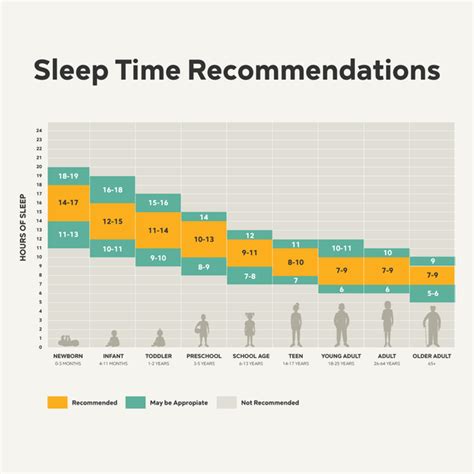How Much Sleep Do You Need for Sufficient REM Sleep?
Getting enough REM sleep is crucial for memory consolidation, learning, and emotional processing. But how much sleep do you actually need to ensure you're hitting those vital REM cycles? It's not just about the total hours you sleep; the quality and distribution of your sleep stages are just as important.
Understanding REM Sleep
REM, or Rapid Eye Movement, sleep is a distinct stage of the sleep cycle characterized by rapid eye movements, increased brain activity, and vivid dreams. It typically occurs in cycles throughout the night, with each cycle becoming longer as the night progresses. REM sleep is vital for cognitive function and overall well-being.
How Long are REM Sleep Cycles?
A single REM sleep cycle generally lasts around 90 minutes. However, the total amount of time spent in REM sleep varies depending on factors like age and sleep duration.
How Much Sleep for Adequate REM?
There's no single magic number of hours guaranteeing sufficient REM sleep. The amount of sleep needed varies greatly depending on individual factors:
Age:
- Infants (0-3 months): Need around 14-17 hours of total sleep, with a significant portion dedicated to REM sleep.
- Toddlers (1-3 years): Require 11-14 hours, with REM sleep still playing a crucial role in development.
- Children (3-12 years): Need 9-12 hours, with REM sleep contributing to learning and memory.
- Teenagers (13-18 years): Should aim for 8-10 hours, with REM sleep supporting brain development and hormone regulation.
- Adults (18-64 years): Typically need 7-9 hours, with REM sleep essential for cognitive function and emotional well-being.
- Older Adults (65+ years): May require 7-8 hours, although REM sleep may be shorter and less frequent.
Individual Variation:
Even within age groups, individual needs vary considerably. Some people naturally require more sleep than others. Factors like genetics, lifestyle, stress levels, and overall health significantly influence sleep requirements.
Determining Your REM Sleep Needs:
While you can't directly measure REM sleep at home, paying attention to your daytime functioning is a good indicator. If you experience daytime sleepiness, difficulty concentrating, mood swings, or impaired memory, it could suggest you're not getting enough restorative sleep, including REM sleep.
Improving Your REM Sleep
Here are some strategies to promote better REM sleep:
- Maintain a Consistent Sleep Schedule: Go to bed and wake up around the same time every day, even on weekends.
- Create a Relaxing Bedtime Routine: Wind down before bed with calming activities like reading or taking a warm bath.
- Optimize Your Sleep Environment: Ensure your bedroom is dark, quiet, and cool.
- Limit Screen Time Before Bed: The blue light emitted from electronic devices can interfere with sleep.
- Regular Exercise: Physical activity can improve sleep quality, but avoid intense workouts close to bedtime.
- Manage Stress: Practice stress-reduction techniques like meditation or yoga.
Note: If you consistently struggle with sleep problems or suspect a sleep disorder, consult a healthcare professional or sleep specialist for proper diagnosis and treatment. They can help determine if you're getting enough REM sleep and recommend strategies to improve your sleep quality.
